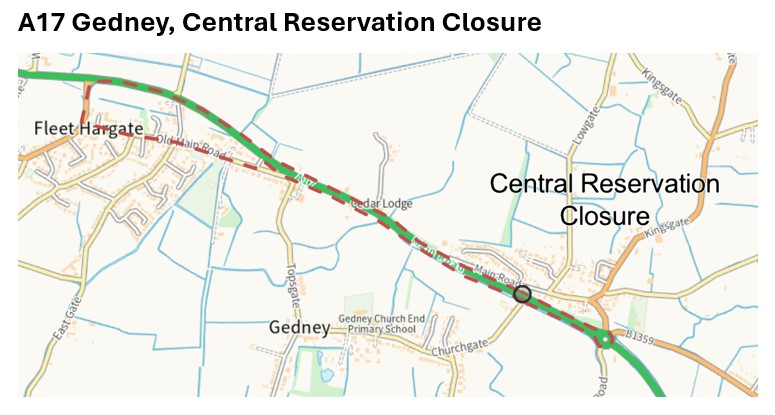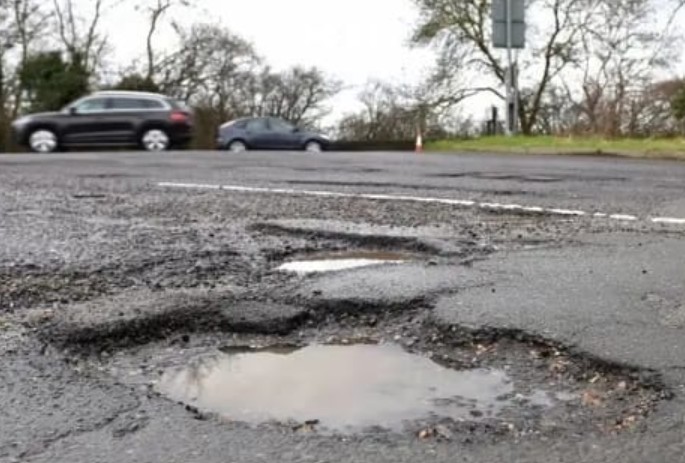When the Chancellor of the Exchequer Philip Hammond rose to give his first Autumn Statement few would have thought that it would be the last he would ever give.
However, after speaking for almost an hour the Chancellor controversially announced that he would be moving away from a Spring Budget and Autumn Statement towards a single annual fiscal event, a move which East of England-based accountants Moore Thompson says will give businesses more certainty during a period of growing uncertainty.
Philip Hammond also used his speech to announce an additional £4.4billion of infrastructure spending, including the creation of a £2.3billion Housing Infrastructure Fund “to deliver infrastructure for up to 100,000 new homes in areas of high demand.”
He also announced the launch of a National Productivity Investment Fund worth £23billion over five years to make the UK more competitive.
These moves were made against the backdrop of poor economic performance highlighted by the Office of Budget Responsibility, who forecast that between 2018-2021 the UK’s growth will be 2.4 per cent weaker as a result of Brexit.
Tim Martin, partner at Moore Thompson, said: “The economic forecasts for the next few years aren’t looking as positive as they once were, but the Chancellor has at least made moves to shore up confidence by announcing additional spending on infrastructure.
“Whether the region’s small businesses will benefit directly from this additional funding is yet to be seen, but at the least they may enjoy a trickle-down effect.
“Most importantly by deciding to have only one major fiscal event per year, the new Autumn Budget, businesses will be able to plan better for the year ahead, without the fear of sudden changes every six months.”
However, one measure that won’t be welcomed by businesses is HM Revenue and Customs moves to stop salary sacrifice schemes from April 2017, which provide an advantageous tax position for employee’s Income Tax and employer’s National Insurance Contributions.
The only exemption to this rule will be arrangements relating to pensions, childcare, Cycle to Work schemes and ultralow emission vehicles.
Businesses will also face additional costs from an increase in the National Living Wage, which is set to go up to £7.50 per hour from April 2017 – a 30p increase. This slow increase may raise questions about whether the government will reach its £9 per hour target by 2020.
Insurance costs are also likely to rise as the Chancellor announced that from June 2017 Insurance Premium Tax would increase by two per cent, from the current rate of 10 per cent to 12 per cent.
One sector that will be feeling the most pain following the Statement is property, after the Chancellor announced a ban on letting agents’ fees to tenants.
Landlords and property investors have been repeatedly targeted in previous Budgets and Statements and there are fears that this move will place additional costs on their investments, lowering their potential returns.
When it came to VAT, Phillip Hammond announced the introduction of a new 16.5 per cent rate from 1 April 2017 for businesses using the Flat Rate Scheme with limited costs, such as labour-only businesses – a measure aimed at levelling the playing field.
The government has also said that it remains committed to its ‘business tax road map’, which will mean that Corporation Tax will be cut to 17 per cent by 2020, while changes to the thresholds for the personal allowance and 40p rate of tax will increase during the same period at the same rates promised by the previous Chancellor.
“This Autumn Statement contains a number of sweeteners for SMEs, but there are some definite stings in the tail, particularly when it comes to additional costs that businesses will face,” said Tim.
“It is clear that the government is trying to keep companies on its side, but a failure to properly manage the economy during these uncertain times could derail their plans for future prosperity.”







